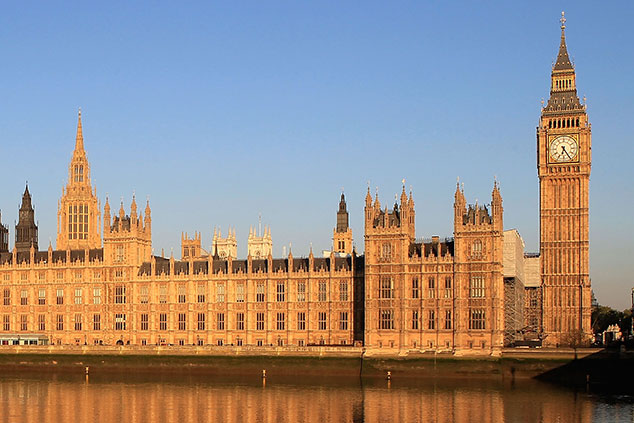
In ancient Athens many taxes were voluntary. At the other extreme, in authoritarian or totalitarian societies, such as Soviet Russia or North Korea, people have virtually no ownership of their labour, their produce or their profit. Government takes it all. The developed world today sits somewhere in between. Excluding inflation, itself a form of tax, roughly 45% of everything the typical Briton earns is taken in taxes. In France, the figure is an eye-watering 57% – no wonder they’re rioting. In the US it’s 38%.
These high levels of taxation are a recent development. At the turn of the 20th century, taxes played a much less prominent role in our lives and government spending was much lower. In western Europe, tax was around 10% of GDP in 1900, a figure that goes all the way back to ancient Mesopotamia and the very first tithe.
The “ratchet effect”
How did government – and taxation – grow so big? The answer is two world wars. Governments find it difficult to raise taxes in times of peace, but crises enable them to do things they would never normally attempt. Once the crisis has passed, however, taxes never seem to return to pre-crisis levels. The Institute for Fiscal Studies calls this process “the ratchet effect”.
Before 1914 income taxes were only paid by the very highest earners. Even as late as 1941 ordinary Americans paid no income taxes. The 1942 Revenue Act changed that. Time magazine called it “the biggest piece of machinery ever designed to separate dollars from citizens”.
High tax rates endured after the wars partly because governments had incurred many new obligations, from debt and rebuilding to looking after the victims. But they also stayed in place because politicians the world over hoping to win popularity in the present, designed programmes that committed governments to large spending programmes in the future.
A politician who promises better roads, or schools, or welfare, is incurring obligations that cannot easily be abrogated. The more money is promised, the bigger the government grows – and thanks to the world wars, the tax structures were now in place to meet those promises. The obligations facing today’s taxpayers are the result of decisions sometimes made as much as 100 years ago. Those trying to win today’s election take note: promises made today will impose similar obligations years into the future.
Thus did government spread from traditional areas – the army, the police, infrastructure – into other areas of the economy, notably education, welfare and healthcare. Today taxation permeates everything we do. There is barely an activity that does not involve it in some way. As a result, almost wherever you are in the developed world, the most expensive purchase you ever make in your life is not your house, but your government.
For a typical British middle-class professional, the lifetime bill totals £3.6m – considerably more than the typical house. You will spend a full 20 years of your life or more in obligatory service to the state. On a time basis, the state owns as much of your labour as the feudal lord did that of the medieval serf, who gave half his working week to farm the land of his lord in exchange for his protection.
In exchange, you receive the protection of the state and its services: defence, healthcare, education and so on. You have no choice. If you want to earn a living, you must work for the state as well as yourself. We are not as free as we may think we are.
A civilised society?
What if you are opposed to the way in which the state spends your taxes – on a war in the Middle East, say, or some wasteful infrastructure project? No matter. Beyond a vote of questionable impact every four or five years, you have little say in how your money is spent. “Taxes are what we pay for a civilised society” are the words inscribed on the outside of America’s Internal Revenue Service, but is that civilised? A form of forced labour for something you are morally opposed to?
The social democrat sees taxes as a way to equalise society: to redistribute wealth, to provide equal access to education and welfare and to balance out the distortions of the market economy. The libertarian says tax is theft. Both are right. Without taxation, there can be no government: one leads to the other. Thus, though usually obscurely, tax is at the heart of just about every political argument: what should the government spend money on? How much should it spend? Who pays? And how?
Daylight Robbery – How Tax Shaped The Past And Will Change The Future is available at Amazon and all good bookstores with the audiobook, read by Dominic, on Audible and elsewhere. If you want a signed copy, you can order one here.